Accordingly, the draft law stipulates licensing to open training programs instead of allowing autonomy to open majors as currently regulated.
This information was shared at a workshop to collect opinions on the policy of building the Law on HigherEducation (amended) organized by the Ministry of Education and Training on May 15 at the Ho Chi Minh City University of Law. The workshop attracted the participation of leaders of more than 52 southern higher education institutions.
C SWITCH TO REGISTRATION AND LICENSING OF OPERATION
Deputy Minister of Education and Training Hoang Minh Son said that the revised Law on Higher Education will create a legal corridor for higher education institutions to make breakthroughs and develop more strongly in the coming period. This time, the revised law is quite fundamental, based on the principle of inheritance and ensuring few changes. The draft revised law will inherit over 55% of the provisions and content unchanged from the current Law on Higher Education; there will be no duplication of provisions with the Law on Education and the revised Law on Education, the Law on Teachers, the Law on Vocational Education, the Law on Science, Technology and Innovation. At the same time, the new draft law helps reduce the number of articles and chapters; reduce the number of processes by 50%; and reduce at least 50% of administrative procedures compared to the current Law on Higher Education.
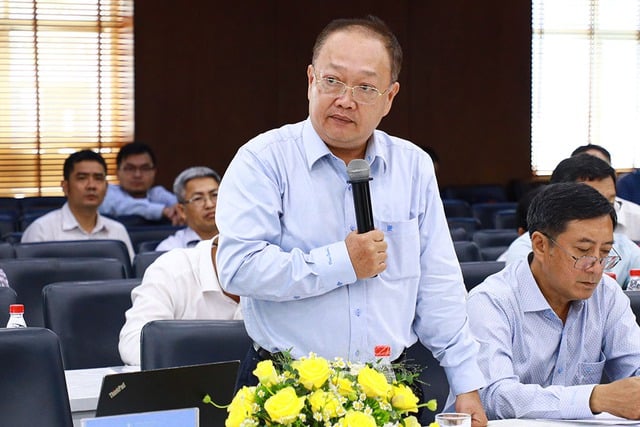
Dr. Pham Quoc Viet, Vice Principal of University of Finance - Marketing, expressed his opinion at the seminar.
PHOTO: HA ANH
"The length of the revised Law on Higher Education is only about 50% compared to the 2018 Law on Higher Education. The number of guiding documents in terms of pages is also reduced by about half. The goal is to simplify and make the education and training system coherent, avoiding overlaps between current legal regulations," Deputy Minister Hoang Minh Son emphasized.
A new point of the draft revised Law on Higher Education that has attracted attention from higher education institutions is related to the regulations on opening majors. Representative of the Drafting Committee of the revised Law on Higher Education, Director of the Department of Higher Education (Ministry of Education and Training) Nguyen Tien Thao said that the revised law is expected to adjust the regulations on the process of opening majors into the process of registration and licensing of operations according to fields, training levels and training locations. Integrating duplicate content and abolishing detailed regulations on conditions for opening majors, conditions for implementing training programs, and detailed training organization processes. Training institutions are autonomous in developing and implementing licensed training programs, except in the fields of health, teachers, law, security and national defense.
"A VERY DEEP STEP BACKWARD"?
Regarding this new point, Dr. Pham Quoc Viet, Vice Principal of the University of Finance and Marketing, commented: "In my opinion, changing the process of opening a major into a registration and licensing process for operating according to the field, training level and training location is a step backward and a quite deep step backward." Explaining this comment, Dr. Viet said that currently, opening majors is divided into two groups: the group that is autonomous to open majors and the group that is not autonomous to open majors. In reality, only a small number of students are not qualified to open majors autonomously. From there, Mr. Viet proposed that registration should be implemented instead of licensing and then the schools will be responsible.
"Licensing should only be reserved for very specific fields, such as teacher training, healthcare , law, and national defense and security," Dr. Viet added.
Ministry of Education and Training explains the adjustment
In response to concerns from higher education institutions, Director of the Higher Education Department Nguyen Tien Thao said that the draft law stipulates that only the first training program of a major, group of majors or field will be licensed at a certain level to ensure unified management. From the second training program onwards, it will be under the autonomy of the school.
Comparing the new and old regulations, Director Nguyen Tien Thao said that in the current law, the approach towards conditional autonomy is that training institutions that achieve a certain level of autonomy are allowed to open majors at that level and vice versa. The Director said: "The draft approach towards autonomy has no constraints, it is the right of the university education institution associated with accountability and results. Therefore, the regulation here only states the license to open the first training program of a major, group of majors or fields at a level. This regulation is applied to the first program of a major at a level and from the 2nd to 3rd program, it is no longer necessary".
This, according to the Director of the Department of Higher Education, aims to ensure that the required standards are declared on the university system, essentially to standardize the training program and training facility; a way to improve the effectiveness of state management and ensure consistency. "Training facilities only need to meet the standards, there is no more difficulty," the Director emphasized.
Responding to the university's concerns, Department Head Nguyen Tien Thao added: "We are thinking in the direction of licensing to open majors, which has too many procedures. Here, licensing is just statistics, declaring on the system the requirements achieved by educational institution standards and training program standards. With the application of advanced technology in university management, the procedures will be greatly reduced."
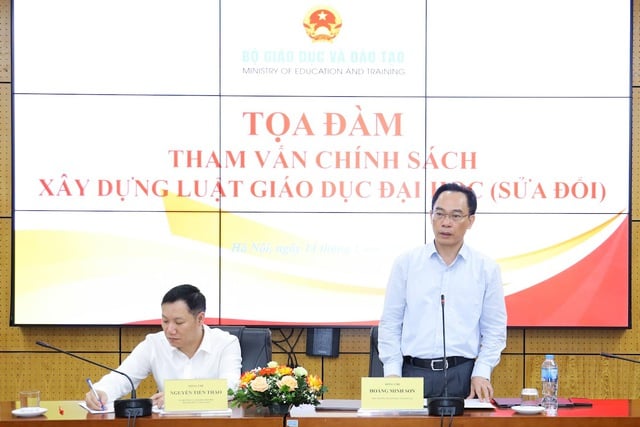
Deputy Minister Hoang Minh Son said that the concept of training programs will be expanded. "There will no longer be the concept of opening a major, especially the phrase opening a new major," Deputy Minister Hoang Minh Son emphasized.
Photo: Ha Anh
Explaining the expected adjustment in opening the industry, Deputy Minister Hoang Minh Son acknowledged: "This is a very difficult issue, the Ministry of Education and Training does not want to have to control this. The documents have given more autonomy, but there are schools that do well, but there are also negative aspects, there are schools that abuse - that is the problem and how can we minimize abuse".
Speaking more about the relationship between the industry and the training program, Deputy Minister Hoang Minh Son said that the concept of the training program will be expanded, for example, there could be an integrated program. "The nature of the industry is actually a code for statistics and classification of programs and currently focuses on the training program. There will be no more concept of opening a major, especially the phrase opening a new major. For many years after the 2018 Higher Education Law took effect, we had the concept of autonomy to open new majors and there were hundreds of new majors that were born but were not in the training catalog. Failure to arrange will cause disadvantages for learners and difficulties in training other levels. The industry is for statistical classification, it is necessary to re-determine which training is placed in the catalog for comparison," the Deputy Minister added.
Quality control is no longer a condition of autonomy
A proposed amendment in the draft law on Higher Education is related to the autonomy of training institutions. Director Nguyen Tien Thao said: "The draft law amends the regulation that university autonomy is the proactive right of higher education institutions in deciding on activities according to legal regulations; linking autonomy with accountability of higher education institutions; no longer applying conditional autonomy as in the current law. Autonomy - accountability, quality assurance are consistent in all activities of higher education."
The Director added: "Assessment of higher education institutions is mandatory, carried out periodically or at the request of competent authorities. Quality assessment is only required for specific fields and groups of disciplines (health, pedagogy, law) and the first program in a training field. The assessment of the quality of educational institutions and training programs by domestic assessment organizations is a public service with a fee. The assessment results improve quality, are not a condition for autonomy, and do not replace quality assurance and inspection activities."
Deputy Minister Hoang Minh Son also noted: "The policy is to maximize autonomy for university training institutions without discrimination or conditions. Autonomy is taken for granted, but it must be understood correctly. Autonomy means having the right to decide, not autonomy means doing things differently from legal regulations."
Source: https://thanhnien.vn/luat-giao-duc-dh-sua-doi-tranh-luan-xung-quanh-bo-khai-niem-tu-chu-mo-nganh-185250515200950355.htm




![[Photo] Prime Minister Pham Minh Chinh holds talks with Prime Minister of the Kingdom of Thailand Paetongtarn Shinawatra](https://vphoto.vietnam.vn/thumb/1200x675/vietnam/resource/IMAGE/2025/5/16/23b5dd1e595d429491a54e3c1548fb79)
![[Photo] Welcoming ceremony for Prime Minister of the Kingdom of Thailand Paetongtarn Shinawatra on official visit to Vietnam](https://vphoto.vietnam.vn/thumb/1200x675/vietnam/resource/IMAGE/2025/5/16/cdd9e93739c54bb2858d76c3b203b437)




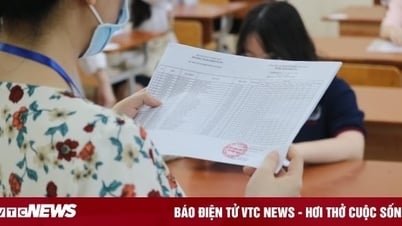





























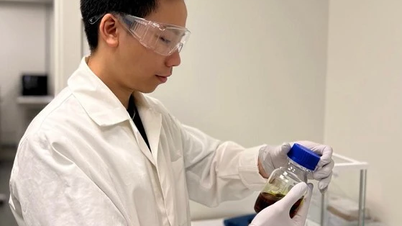




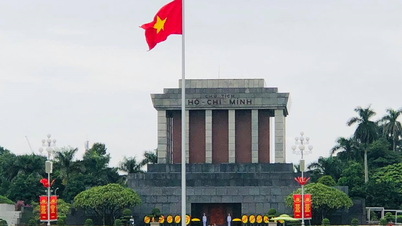












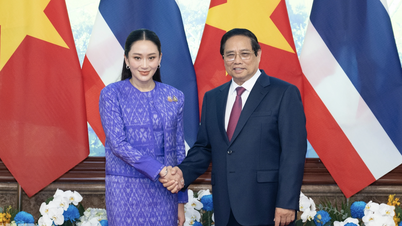
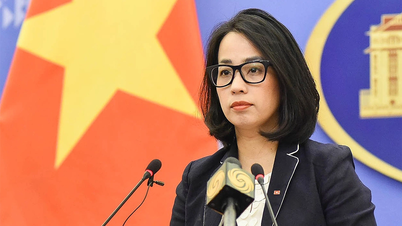

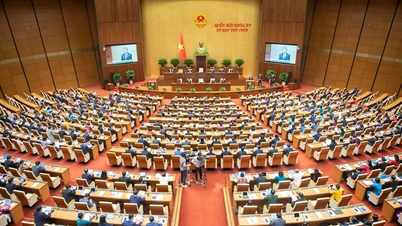

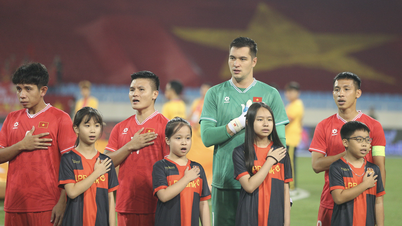
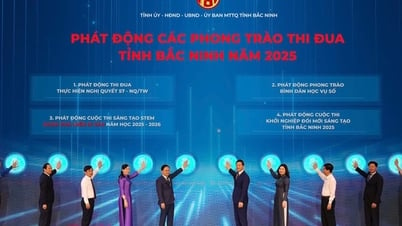




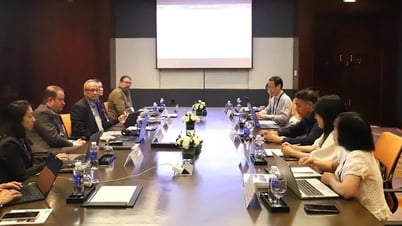





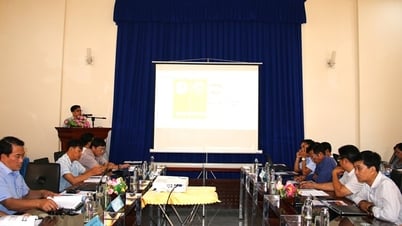




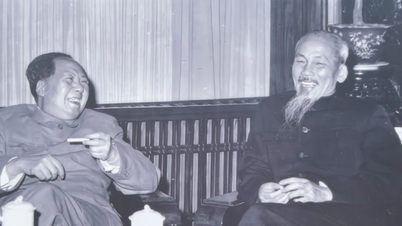







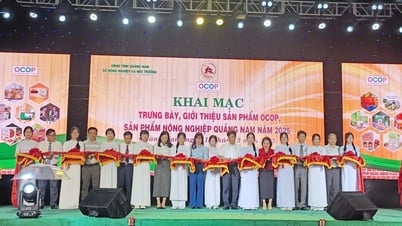

Comment (0)